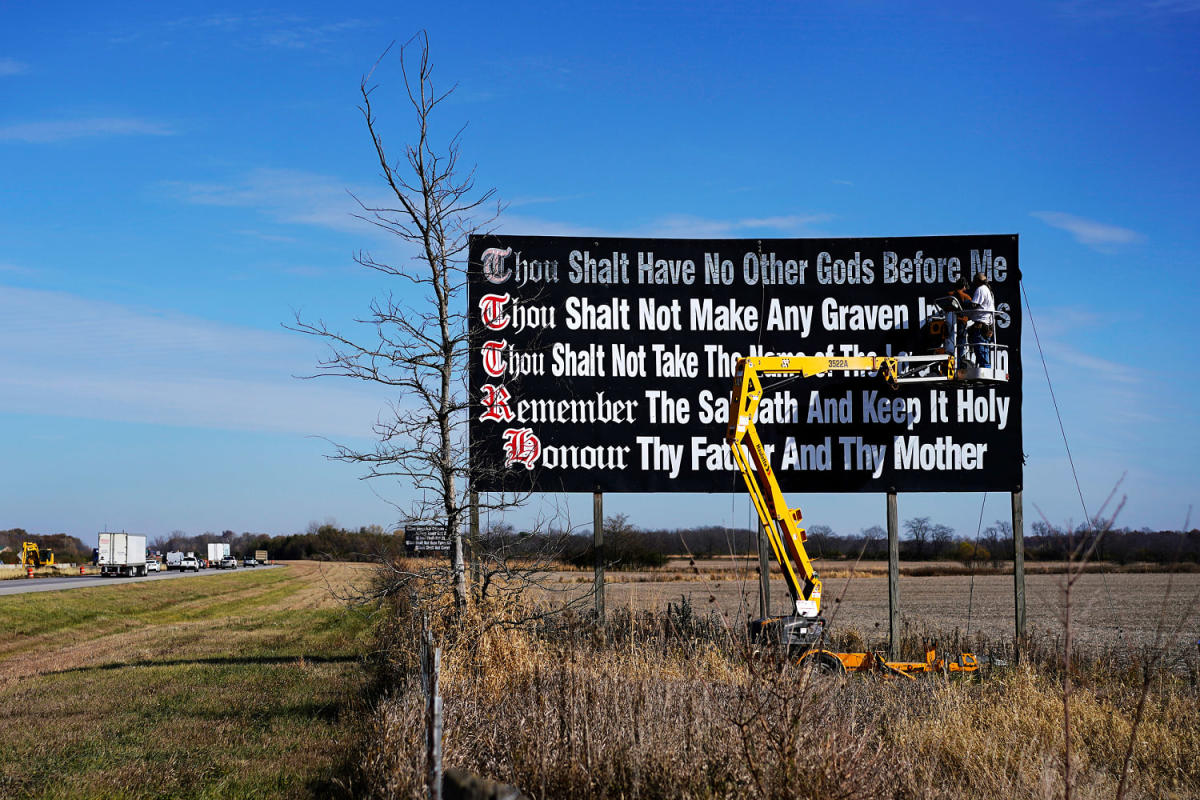Louisiana just passed a law requiring public schools to display the Ten Commandments in classrooms. The Supreme Court struck down a similar Kentucky law in 1980.
But this isn’t 1980, and a law that violates the Constitution and precedent isn’t necessarily doomed if it reaches the Supreme Court. The American Civil Liberties Union said it will challenge the law so we may soon learn where the Roberts Court stands on a controversial issue of religion and government.
In announcing its opposition, the ACLU cited the 1980 case, Stone v. Graham. Notably, the court was divided even in that case, with the majority reasoning that:
So it’s a knock against Louisiana, right?
Maybe not. First, the Supreme Court has weakened the Establishment Clause over the years. The religion clauses of the First Amendment say that “Congress shall make no law respecting an establishment of religion, or prohibiting the free exercise thereof,” but the current court treats free exercise claims much more seriously.
Take the more recent case of Kennedy v. Bremerton School District, in 2022, where the court sided with the praying football coach 6-3 on freedom of exercise (and freedom of speech) grounds. In a dissent, Justice Sonia Sotomayor wrote that the exercise and establishment clauses are “equally integral to the protection of religious freedom in our society,” with free exercise serving as a government promise, while the establishment clause provides a safety net against violations of it. “Today the Court once again weakens the backstop,” she wrote.
It is against that backdrop that Louisiana’s law arises. And we know that this precedent alone will not guide the Supreme Court, which has also shown that it can make contrived factual distinctions to achieve desired outcomes (as the Kennedy case illustrated).
With all that in mind, it’s worth noting a dissent in that 1980 case from Justice William Rehnquist, for whom Chief Justice John Roberts was a law clerk — in 1980, that is — and whose views are more represented in the current court. “The Establishment Clause does not require that the public sector be insulated from all matters that may have religious significance or origins,” Rehnquist wrote at the time.
Ultimately, even this Supreme Court might say that Louisiana has gone too far. But the change in the court’s personnel and, concomitantly, its actions since 1980 make it an open question.
Subscribe to the Deadline: Legal newsletter for weekly updates on the top legal stories, including Supreme Court news, the Donald Trump cases and more.
This article was originally published on MSNBC.com
